The Scottish Independence Debate at the Edinburgh Festival, Part One
Staging a Vote
“All stories are made up by the people living through them,” claims the protagonist in Lewis Hetherington’s The White Lightning and the Black Stag. This simple statement is made more profound by the question of sovereign independence hanging over the people of Scotland as the biggest theater festival in the world is once again in full swing.
As a visitor at the Edinburgh Fringe, I wondered: how do you tell a story when you don’t yet know the ending?
On September 18, the Scottish electorate will vote on whether to remain part of Britain or to become an independent country. Within the country, there have been enormous demonstrations of national pride, like the recent closing ceremony of the Commonwealth Games, hosted in Glasgow, where tear-stained faces waved the St. Andrew’s cross and sang “Flower of Scotland.” And at the military tattoo, where platoons of kilted drummers and pipers parade every night of the festival through the Edinburgh castle grounds. In strident televised debates, politicians on opposing sides are offering visions of hope and warnings of calamity and economic chaos. Hopes and fears heard in regular conversations all over the country are more nuanced, but they are no less impassioned. As a visitor at the Edinburgh Fringe, I wondered: how do you tell a story when you don’t yet know the ending? How could, and would, this dramatic moment be represented on stage, and how might the vision of artists inform the debates of a society approaching a crossroads?
The Traverse, Edinburgh’s year-round theater devoted to new work, provided one of the few scripted plays on the subject. Spoiling is set three months in the future in an independent Scotland, where the Foreign Minister is preparing to make a keynote speech with her British counterpart outlining their new relationship to the world press.
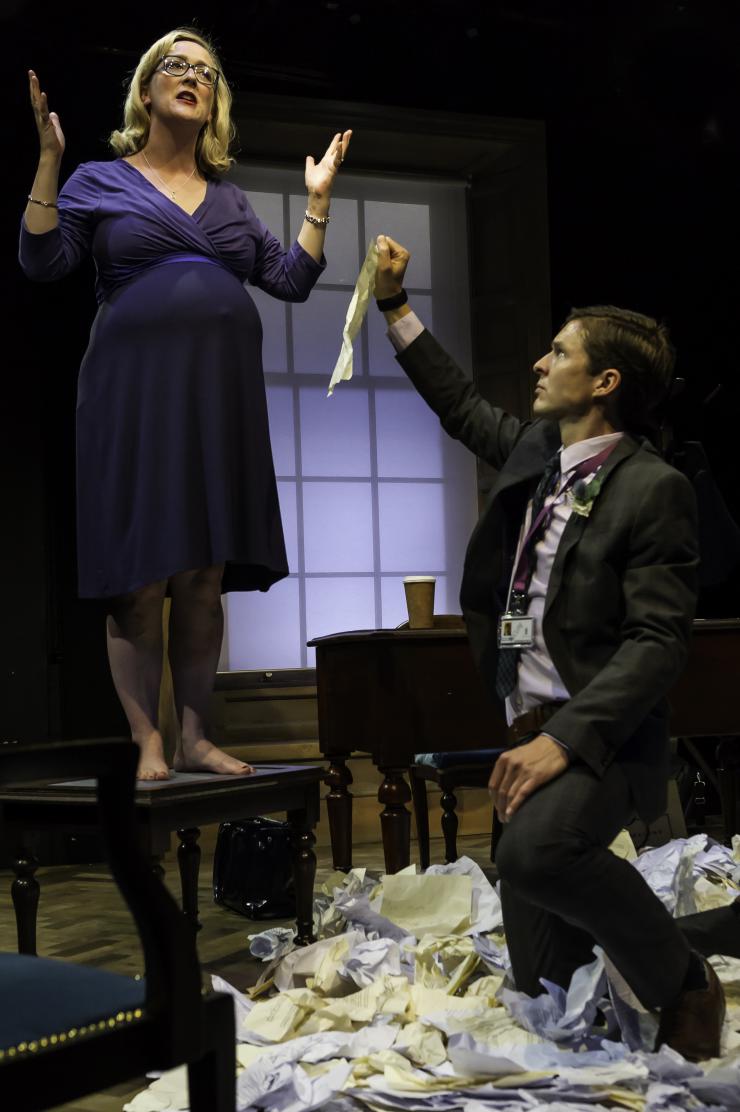
The Foreign Minister is distrusting and refuses to stick to her script, which frustrates her over-worked assistant, who has recently arrived from Belfast. Their confrontation, which articulates many of the hopes and some of the fears of the “Yes [to independence] Campaign,” is made more pointed by drawing comparisons to Northern Ireland. On top of that, in a rather over-laden metaphor, the Minister herself is heavily pregnant after an affair with an Englishman. Irish playwright John McCann describes the play as his “love letter to Scotland,” the place he now calls home, and says that: “Spoiling is my attempt to exorcise the memories of past political letdowns and misplaced hopes.” The play was a very timely choice for Artistic Director Orla O’Laughlin, but it ultimately dissolves into poetic and somewhat empty platitudes and relies on the emotional positions of the audience at this charged time to carry it.
In the lobby of the Traverse, Theatre UnCut presented staged readings of five short plays commissioned as responses to the referendum debate. All of these plays (which will be available to download for free in October) reflect the uncertainty of the moment in different ways. Lewis Hetherington’s play The White Lightning and the Black Stag begins with a young woman with an English accent being bombarded with questions about where she comes from, and whether that makes her more or less Scottish. Finally allowed onto the stage, she tells a long story about an island split in two by a storm, the northern part of which was ultimately able to create “somewhere better, somewhere fairer and kinder.” A.J. Taudevin’s The 12:57 takes place at the Scotland-England border, where a man takes his “homeland security” job very seriously, despite that, every day, the trains just speed past without a second glance at him. Davey Anderson’s Fear and Self Loathing in West Lothian similarly makes fun of the melodrama of political rhetoric, with the apathetic protagonist stating: “Freedom is the freedom to opt out…people like me want a list of free toppings not a list of political positions.” Kiernan Hurley’s poetic monologue, Close, takes us through all the emotions, sights, and sounds of Election Day without telling us who wins—he leaves us with only the certainty that life will have to go on, and somehow the pieces will be picked up. Finally, Rob Drummond stages a family sing-along, during which a rebellious daughter is reminded, “What you’ve got in your heart should always beat what you’ve got in your pocket.” The lights go down on her undecided face. In post-show discussion, the plays receded and became a catalyst for the playwrights, performers, and audience members to passionately discuss the impending referendum. While the room decidedly leaned towards independence, the apprehension of change also hung in the air, and no consensus was reached.
Perhaps the most direct theatrical engagement with the referendum at this year’s fringe is the work of David Greig, one of Scotland’s leading playwrights. Instead of writing a play, Greig is hosting an ongoing live debate every morning from a yurt in the center of St Andrew’s Square. The event is titled “All Back to Bowies” as an ironic response to the English pop icon David Bowie, who at last year’s Brit Awards invited Scots to “Stay with us.” Each day Greig is joined by guest campaigners, writers, actors, poets, and musicians, each invited to speak or perform in conversation with each other. Every day has a different focus. At the performance I attended, the stated theme was “Unwashed and Somewhat Slightly Dazed: the yes campaign,” and the guests included Stephen Noon, the Yes Campaign’s Chief Strategist, actor Brian Cox, and musician Cora Bissett (The Glasgow Girls). The only house rule is no binary reductive questions, i.e. “Which way are you voting?” The audience is invited to respond to a writing prompt (at the performance I was at, this prompt was “I want to say yes to…”). These responses are woven into a crowd-sourced poem performed on stage and then kept in the referendum archive of the National Library of Scotland, both reflecting the historical significance of the moment and providing a theatrical space for dialogue. All the Bowie shows are available as podcasts.
Mixing art and politics is, of course, nothing new. But this year’s Edinburgh festival illustrates the power of performative storytelling to enrich democratic debate and advocate for change. The stories told in a future Scotland, and at future Edinburgh festivals, will be formed within a context born of the larger history, now unfolding.

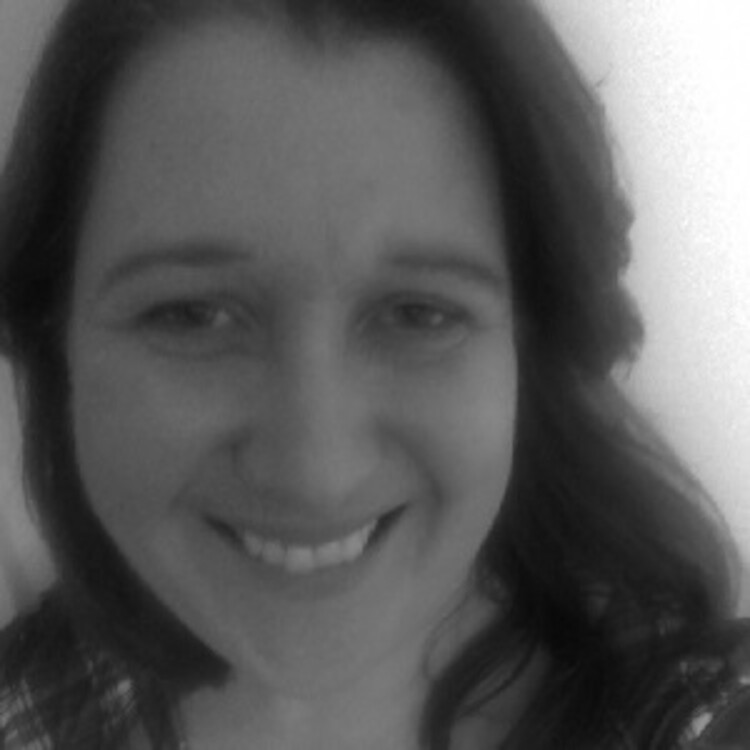
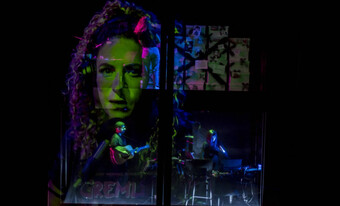

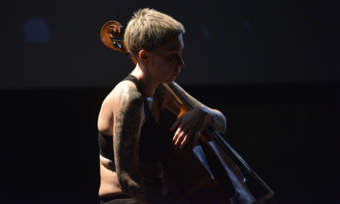

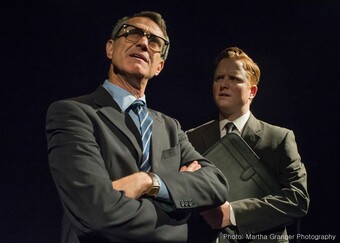

Comments
The article is just the start of the conversation—we want to know what you think about this subject, too! HowlRound is a space for knowledge-sharing, and we welcome spirited, thoughtful, and on-topic dialogue. Find our full comments policy here